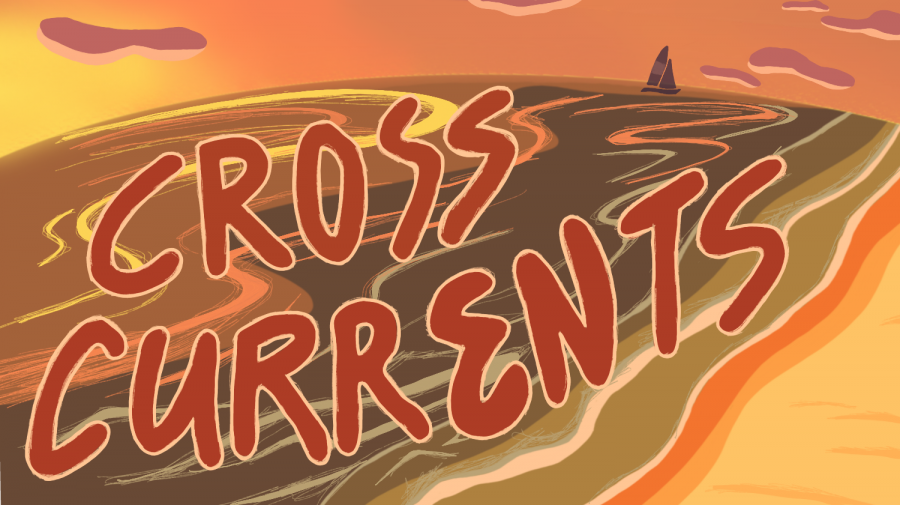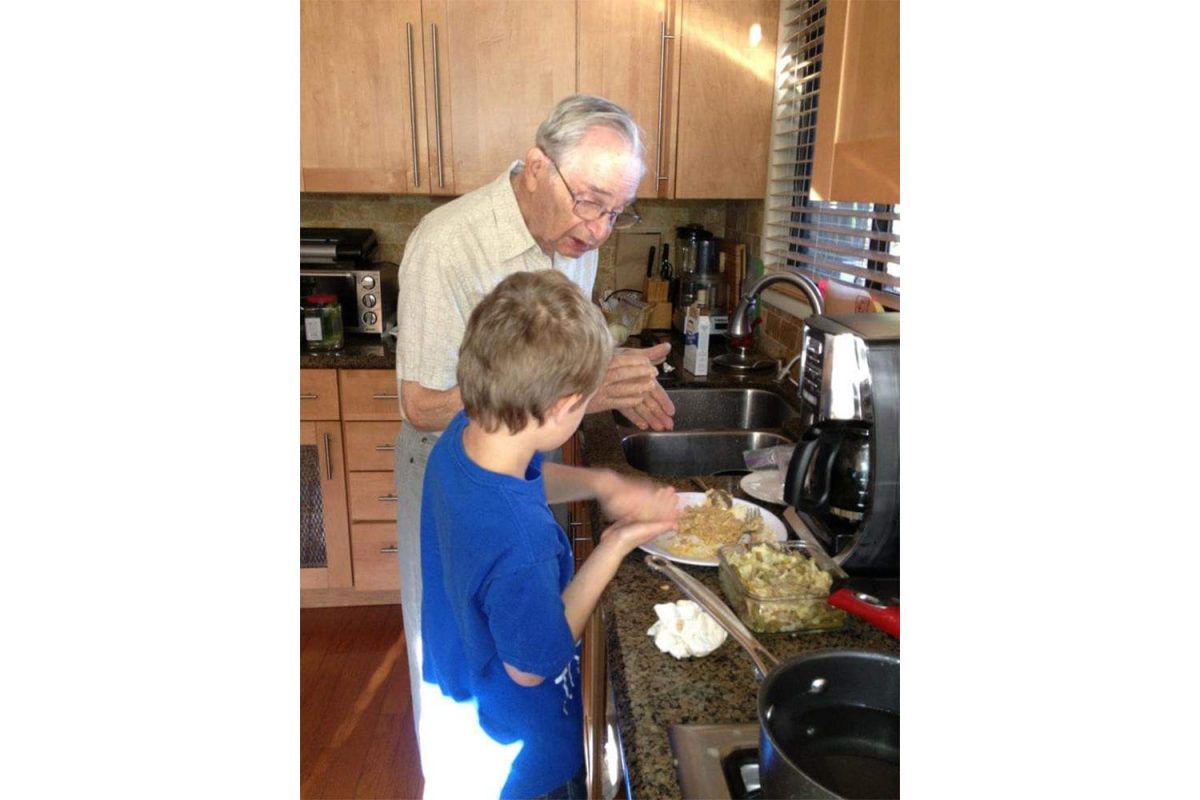As the use of artificial intelligence (AI) technology becomes more prominent in our education, we asked two staff members whether or not they find it beneficial.
Brenda Greening, Staff Writer
With the growing popularity of generators like ChatGPT, there is no doubt that artificial intelligence (AI) is integrating more into the world of education. Benefits such as research tools and grammatical checks make using AI tempting, but I believe it causes more harm than good in the academic setting.
Allowing the use of AI in classrooms promotes plagiarism and cheating.
It is human nature to take the easy way out. Most students use AI tools to complete their work without utilizing their own critical thinking skills, but the core of education lies in fostering environments that encourage students to approach challenges. Using AI to complete assignments therefore undermines the fundamental purpose of attending school.
Education is not just about completing assignments – it’s about learning and understanding information. Students will miss out on valuable learning opportunities that stem from overcoming challenges, problem solving, and developing a deep understanding of the material if they use AI rather than gaining knowledge on their own.
Not only will students lose critical thinking abilities, but they also run the risk of cheating and plagiarism.
Academic integrity is a core value of every educational setting. Using AI tools to generate entire essays or answers to quizzes violates these standards.
Many students use AI to get out of doing their work, completely unaware that the consequences of plagiarism can result in not only a failing grade but expulsion. The use of AI can also promote unintentional plagiarism. Students may inadvertently use information they read on an AI generator and fail to cite or reference the source.
Students are at risk of developing an unhealthy reliance on AI that damages their ability to produce original and authentic work. By embracing the inevitable challenges of learning rather than using AI, students are better equipped to enter the workforce with the proper critical thinking tools needed for success.
Jack Connell, Staff Writer
Allow me to paint a picture: It’s 11:30 p.m. on a Sunday, and you have T-Minus 29 minutes to turn in an essay about a novel that you haven’t even checked out of the library, much less read.
Suddenly, a lightbulb goes off in your sleep-deprived brain, and you paste the entire essay prompt into ChatGPT. In seconds, marvelously crafted pages of text appear before your eyes; and the cherry on top – it perfectly meets the required word count.
It’s time to retire the old typewriter and let this robot genius carry you through the semester with flying colors, right?
Well, not exactly.
Anyone who has actually attempted to use this artificial intelligence (AI) application to complete coursework knows that anything it produces reads like a hastily developed listicle. On top of that, it is so easily detectable because it plagiarizes from nearly every website that has published research on the topic you requested.
In spite of these technological hiccups, AI applications are not a complete waste of time in academic settings.
When paired with the all-powerful human brain, AI can be coerced into providing curated information at record speeds, with varying degrees of cohesiveness depending on the given request.
Everyone learns in different ways and at different speeds, and AI can accommodate each user’s unique needs by providing research that is intuitive for the reader.
Despite the fear and uncertainty surrounding AI, it will ultimately be revolutionary for advancing individual learning in the future. With the help of a knowledgeable teacher being able to check the content of the AI beforehand, programs such as ChatGPT can save time and effort for everyone when conducting research.
To really drive my point home, here’s Ru Paul’s voice explaining the philosophical concept of dialectical reasoning, courtesy of ChatGPT: “You got your thesis, your starting point, then you got your antithesis, the drama, alright? When they collide, boom, you get your synthesis, a whole new gig, serving you evolution realness, darling!”








